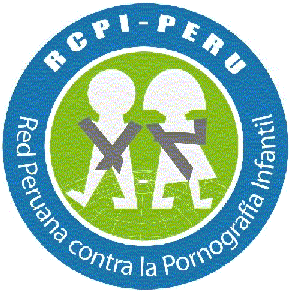What is online grooming?
Online grooming is a process. An individual, usually an adult, attempts to establish a relationship with a child or teen to gain the child’s trust. The ultimate goal of the “groomer” is to arrange an in-person meeting to engage in sexual relations with the child or teen.
You should know:
It may involve deception. Adults trying to groom children may initially lie about their age. They may never reveal their real age to the child, even after forming an established relationship.
The groomer may claim to have the same interests as the child. Often, the groomer will know popular music artists, clothing trends, sports team information, or another activity or hobby the child may be interested in.
Frequently, a groomer will pretend to relate to the child. This makes children believe that while no one else can understand them or their situation, the groomer does. After the child’s trust develops, the groomer may use sexually explicit conversations to test boundaries.
Offenders will entice a child into a face-to-face meeting by
- exploiting a child’s natural curiosity about sex
- lowering the child’s inhibitions by gradually introducing explicit images and child pornography
- using his or her adult status to influence and control a child’s behavior
- offering attention and affection
- manipulating a child’s trust by relating to emotions and insecurities and affirming the child's feelings and choices
- sending gifts to a child
- flattering and complimenting the child excessively
Your child or a child you know may be the victim of online grooming if he/she
- Obsesses about being online and becomes angry when he or she can't get on the computer
- Minimizes the screen or turns off the computer when adults are nearby
- Receives a gift from someone, and will not tell who it is from
- Has a lot of incoming or outgoing phone calls to numbers that are not recognized by a parent or guardian
- Becomes withdrawn from family and friends
- Also, watch for inappropriate images or websites on the computer.
If you ever feel that your child is in immediate danger, contact your local law enforcement. If you suspect a child is being groomed by someone online, contact in Perú to the National Police - DIVINDAT (01-4318908) or send an e-mail to the Peruvian Net against Child Pornography.













































